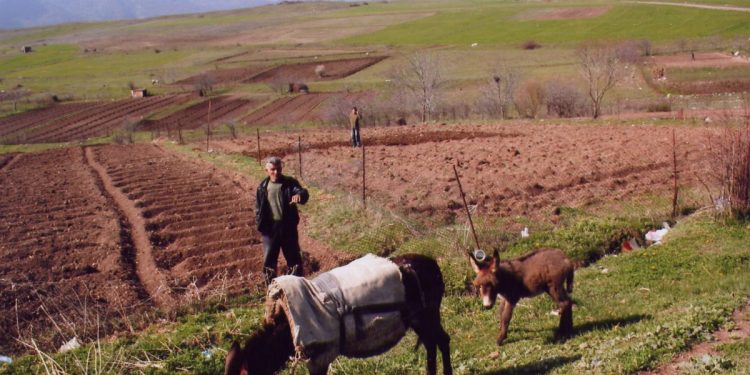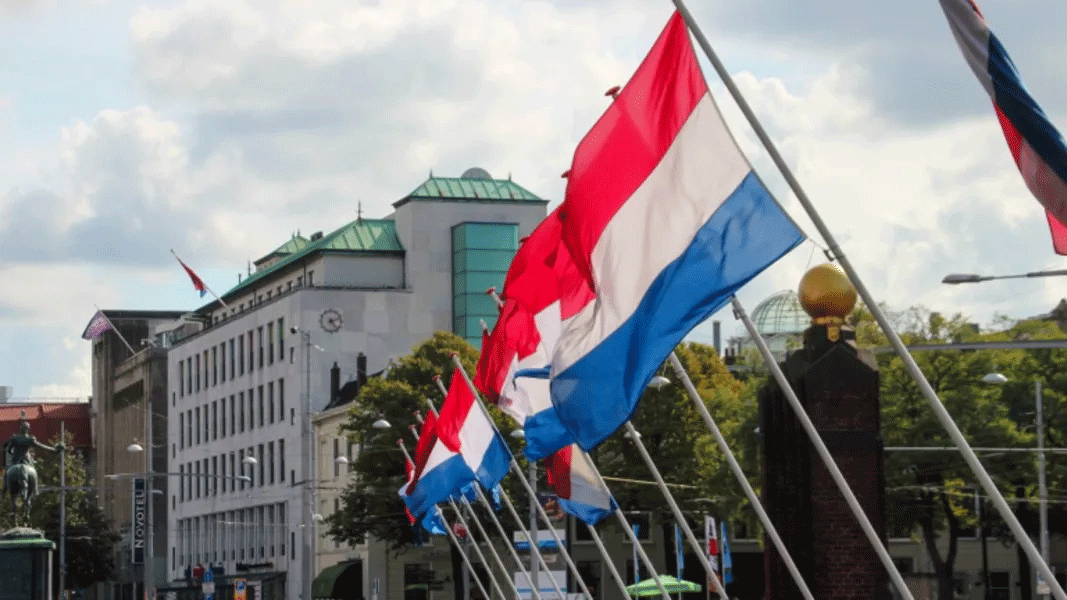Due to the “indentation” of land in the country, almost half of the agricultural land remains uncultivated. The government offers farmers to cooperate, promising to cover 50% of the cost of irrigation systems.
The Armenian government will compensate half of the land reclamation costs to farmers who will unite their small plots into collective farms. Minister of Economy Vahan Kerobyan stated this at a government meeting.
He recalled that about 320,000 farms were registered in the republic. On average, each family has one and a half hectares, however, these already not very large territories are divided into 3-4 plots. It is unprofitable to invest several thousand dollars in plots of 3-5 thousand square meters, and it is for this reason that almost half of the arable land in Armenia remains uncultivated, the minister explained.
He drew attention to the fact that large farms, as a rule, work more successfully, more often make a profit and export products.
To boost farm productivity, the government is proposing a new incentive for land consolidation. According to the resolution adopted today, if the villagers unite from 30 to 200 hectares of land into one farm, the government will cover 50% of the costs for the repair or construction of irrigation systems and irrigation basins (including drip irrigation), but not more than 1 million 380 thousand drams ( about $3.3 thousand) per hectare.
“At the same time, the transfer of land to common ownership is not envisaged: all farmers will retain ownership of the land that they have,” Kerobyan said.
As a result, the government expects that by 2025 there will be several dozen enlarged plots with a total area of approximately 4,500 hectares. This is not very much (only a few percent of the entire fund of agricultural land in the country), but you need to start somewhere, the minister added. By 2026, the authorities hope to reduce the share of uncultivated land from 50% to 25%.
This decision is very important for attracting investors to the agricultural sector, Prime Minister Nikol Pashinyan stressed.
“Investors come to us and ask for 50-100 hectares for large investments, and we send them to the owners of the land. But these 100 hectares often have 900 owners, while some of them died, the inheritance to the land was not registered, and the other part left It is clear that with this approach, investors cannot wait,” Pashinyan said.
No additional incentives have yet been offered to farmers’ cooperatives for consolidation (they practically do not work in the republic).







